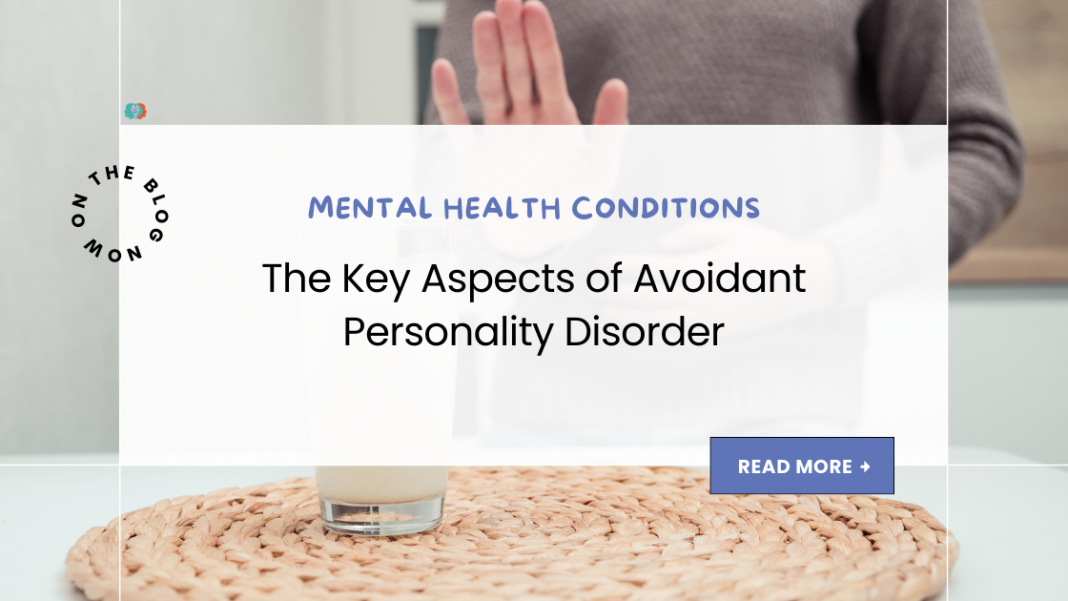Avoidant Personality Disorder (AvPD) is a mental health condition characterized by persistent feelings of inadequacy, extreme sensitivity to what others think, and social inhibition. Individuals with AvPD often struggle with intense anxiety in social settings, fear of rejection, and a strong desire for acceptance. Unraveling the layers of AvPD is essential for effective management and improving interpersonal relationships.
Symptoms
Symptoms of Avoidant Personality Disorder revolve around a pervasive pattern of social inhibition and feelings of inadequacy:
- Social Withdrawal: Intense fear of rejection leads to avoidance of social interaction.
- Low Self-Esteem: Persistent beliefs of being socially inept, unappealing, or inferior to others.
- Hypersensitivity to Negative Evaluation: Being easily hurt by criticism or disapproval.
- Reluctance to Take Personal Risks: Avoiding new activities or interpersonal situations due to fear of embarrassment.
Recognizing these symptoms is the first step toward seeking help.
Causes
The causes of AvPD are not entirely understood but are thought to be a combination of genetic, psychological, and environmental factors:
- Genetic Factors: A family history of AvPD or related conditions can increase susceptibility.
- Childhood Experiences: Experiences of parental or peer rejection, teasing, ridicule, or isolation during childhood.
- Temperamental Factors: Inherent characteristics like shyness or sensitivity to rejection.
Diagnosis and Testing
Diagnosing AvPD involves a comprehensive evaluation:
- Psychological Assessment: Detailed discussions about thoughts, feelings, and behavior patterns.
- Clinical Criteria: Diagnosis is typically based on criteria outlined in the DSM-5, focusing on a pattern of avoidance and sensitivity.
Treatment
Treatment for AvPD typically involves psychotherapy:
- Cognitive-Behavioral Therapy (CBT): Helps in changing negative thought patterns and improving social skills.
- Group Therapy: Provides a safe environment to practice social skills and build confidence.
- Medication: While there are no medications specifically for AvPD, some may help with symptoms of anxiety or depression.
A combination of therapy, skill-building, and support is key to managing AvPD.
Small Tips for Coping
Living with AvPD requires everyday strategies:
- Gradual Exposure: Slowly and steadily engaging in social situations.
- Building Self-Esteem: Focusing on strengths and achievements.
- Mindfulness and Relaxation Techniques: To manage anxiety in social situations.
- Seeking Support: Connecting with supportive friends or groups.



